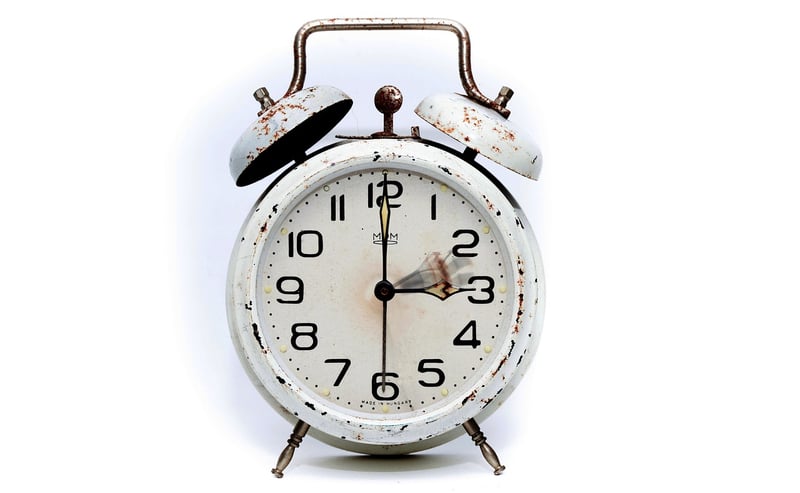Temporal Paradoxes
The Science Behind Temporal Paradoxes
Temporal paradoxes are a fascinating aspect of theoretical physics that arise when time travel is considered. These paradoxes challenge our understanding of cause and effect, raising intriguing questions about the nature of time itself. Let's delve into the science behind temporal paradoxes and explore some of the most well-known examples.
What is a Temporal Paradox?
A temporal paradox, also known as a time paradox, is a situation in which the past and the future become interconnected in a way that defies the traditional linear flow of time. This can lead to logical contradictions and inconsistencies that make it difficult to determine the sequence of events.
Types of Temporal Paradoxes
There are several types of temporal paradoxes, including:
- Grandfather Paradox: A person travels back in time and prevents their grandfather from meeting their grandmother, which would mean the person is never born. This raises the question of how the person could time travel in the first place.
- Bootstrap Paradox: An object or information is sent back in time in a loop with no clear origin. This creates a cycle where the object has no discernible beginning.
- Predestination Paradox: Events in the past are influenced by a time traveler from the future, leading to a self-perpetuating loop with no clear origin.
Resolving Temporal Paradoxes
Scientists and theorists have proposed various solutions to resolve temporal paradoxes, including the idea of parallel universes, the Novikov self-consistency principle, and the concept of a multiverse. These theories aim to maintain logical consistency in the face of time travel scenarios.
Popular Culture and Temporal Paradoxes
Temporal paradoxes have been popularized in science fiction literature, movies, and TV shows. Works like "Back to the Future," "Doctor Who," and "Interstellar" explore the implications of time travel and the complexities of altering the past.
Conclusion
While temporal paradoxes may stretch the limits of our understanding of time and causality, they provide a thought-provoking glimpse into the intricacies of theoretical physics. Exploring these paradoxes can spark creativity, inspire new scientific inquiries, and challenge our perceptions of reality.

For further reading on temporal paradoxes and their implications, you can check out Space.com's article on time travel.
